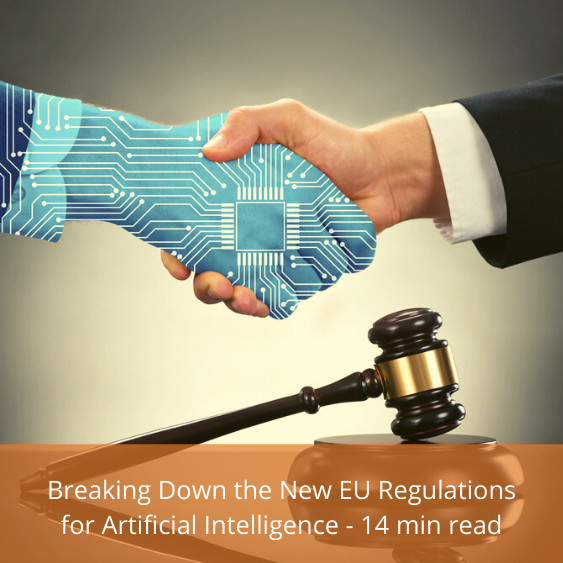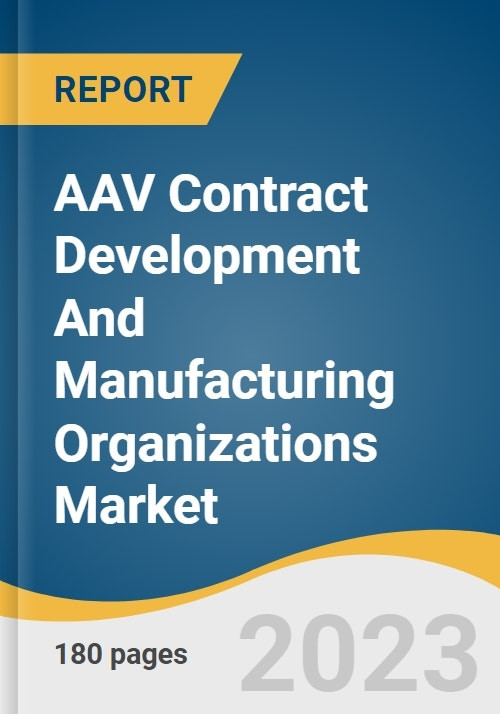European Union (EU) regulations impacting artificial intelligence (AI) may deny the region’s businesses, academics and others the chance to participate in new technology investment and economic growth opportunities, Meta CEO Mark Zuckerberg and Spotify CEO Daniel Ek wrote in a joint statement released Friday (Aug. 23). The CEOs wrote in the statement that tech companies doing business in Europe face “overlapping regulations and inconsistent guidance on how to comply with them.”
“Regulating against known harms is necessary, but pre-emptive regulation of theoretical harms for nascent technologies such as open-source AI will stifle innovation,” they wrote. “Europe’s risk-averse, complex regulation could prevent it from capitalizing on the big bets that can translate into big rewards.”
The statement highlighted a recent application of the European Union’s (EU) General Data Protection Regulation (GDPR) that required Meta to delay training its AI models on content shared publicly by adults on its social media platforms, Facebook and Meta. “In the short term, delaying the use of data that is routinely used in other regions means the most powerful AI models won’t reflect the collective knowledge, culture and languages of Europe — and Europeans won’t get to use the latest AI products,” the CEOs wrote. They added that because of the current regulatory uncertainty in the region, Meta won’t be able to release upcoming models there, European organizations won’t be able to access the latest open-source technology and European citizens will have to use others’ AI. “In short, Europe needs a new approach with clearer policies and more consistent enforcement,” Zuckerberg and Ek wrote in the statement. “With the right regulatory environment, combined with the right ambition and some of the world’s top AI talent, the EU would have a real chance of leading the next generation of tech innovation.”
Europe's Regulatory Landscape Stifles AI Innovation
The CEOs of Meta and Spotify have voiced their concerns over what they see as overly restrictive artificial intelligence regulations in the European Union. Meta CEO Mark Zuckerberg and Spotify CEO Daniel Ek published joint statements on Friday, Aug. 24, criticizing the EU’s approach to AI regulation, particularly regarding open-source AI development. The crux of their argument is that the current regulatory environment in the EU is hindering innovation and progress in AI.
Both CEOs argue that the stringent privacy regulations surrounding AI, especially those concerning the use of public data, are slowing down the ability of European companies to compete globally. Ek highlighted how AI has been integral to Spotify’s success, allowing the platform to offer a highly personalized experience to its users. However, he fears that the current regulatory landscape in the EU could slow down the development of open-source AI, which he said is crucial for the future growth of the streaming industry and the broader creative ecosystem.
Meta and Spotify: The Case for Open Source AI
Meta, the parent company of Facebook and Instagram, has been particularly vocal about the challenges it faces under EU regulations. Zuckerberg pointed out that Meta has been unable to train its AI models on public data from Facebook and Instagram users because of the lack of clear legislation governing how this data should be handled.
According to Meta, European AI development is at a disadvantage compared to other regions where data is readily accessible for AI training. Meta’s blog post stated: The company has also confirmed that due to regulatory uncertainties, it will withhold the release of its upcoming AI models, including the anticipated Llama multimodel, which can understand and interpret images.
Meta and Spotify are once again teaming up — this time, on the matter of open source (or to be precise, open-weight) AI which the companies claim are being hampered by regulations. In joint statements published to both companies’ respective websites on Friday, Meta CEO Mark Zuckerberg and Spotify CEO Daniel Ek complain that EU privacy regulations around AI are holding back innovation. Meta, for instance, points out that it has been prevented from being able to train its AI models on public data across Facebook and Instagram because regulators haven’t crafted legislation to address how this should be handled as of yet. “In the short term, delaying the use of data that is routinely used in other regions means the most powerful AI models won’t reflect the collective knowledge, culture, and languages of Europe—and Europeans won’t get to use the latest AI products,” Meta’s blog post warns. It also stresses that Europeans won’t be able to access the latest open source technology and instead will be left with AI “built for someone else.”
The post additionally confirmed previous reports that Meta would withhold its next multimodel AI model from customers in the European Union due to a lack of clarity from regulators. Notes Meta, it will not be able to release upcoming AI models like Llama multimodel, which has the ability to understand images because of this.
Meanwhile, Spotify points to its early investment in AI technology as a reason its streaming service became so successful in the first place, as it developed a personalized experience for each individual user. “As we look to the future of streaming, we see tremendous potential to use open-source AI to benefit the industry. This is especially important when it comes to how AI can help more artists get discovered. A simplified regulatory structure would not only accelerate the growth of open-source AI but also provide crucial support to European developers and the broader creator ecosystem that contributes to and thrives on these innovations,” its post reads.
The Need for Clear Regulations and Harmonization
The stark reality is that laws designed to increase European sovereignty and competitiveness are achieving the opposite. This isn’t limited to our industry: many European chief executives, across a range of industries, cite a complex and incoherent regulatory environment as one reason for the continent’s lack of competitiveness. Europe should be simplifying and harmonising regulations by leveraging the benefits of a single yet diverse market. Look no further than the growing gap between the number of homegrown European tech leaders and those from America and Asia—a gap that also extends to unicorns and other startups. Europe needs to make it easier to start great companies, and to do a better job of holding on to its talent. Many of its best and brightest minds in AI choose to work outside Europe. Europe needs a new approach with clearer policies and more consistent enforcement. With the right regulatory environment, combined with the right ambition and some of the world’s top AI talent, the EU would have a real chance of leading the next generation of tech innovation.
Looking Ahead: The Future of AI in Europe
We believe that open-source AI can help European organisations make the most of this new technology by levelling the playing field, and we hope that the EU doesn’t limit the possibilities that we are only starting to explore. Though Spotify and Meta use AI in different ways, we agree that thoughtful, clear and consistent regulation can foster competition and innovation while also protecting people and giving them access to new technologies that empower them. While we can all hope that with time these laws become more refined, we also know that technology moves swiftly. On its current course, Europe will miss this once-in-a-generation opportunity. Because the one thing Europe doesn’t have, unless it wants to risk falling further behind, is time.
Mark Zuckerberg is the founder and chief executive of Meta. Daniel Ek is the founder and chief executive of Spotify.

















